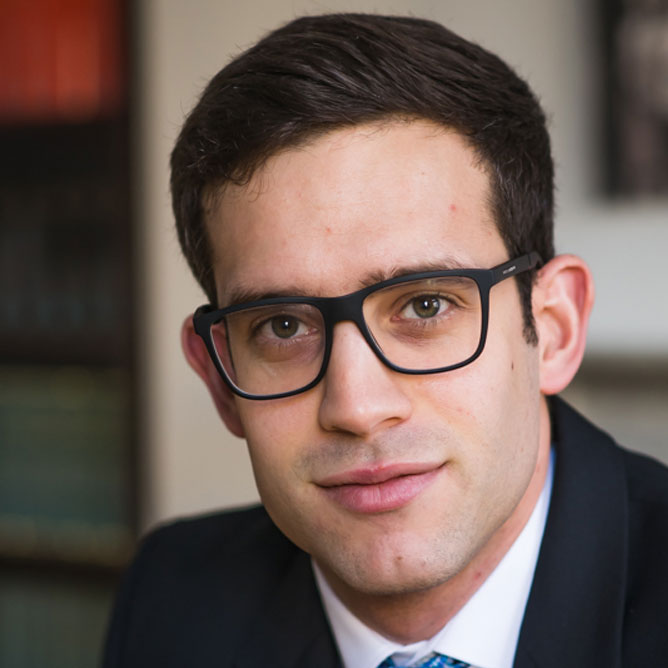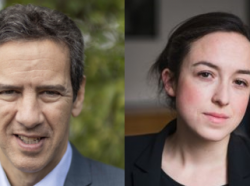The Bristol Employment Tribunal has handed down judgment today in David Miller v University of Bristol, an important case concerning the scope of the protection afforded for controversial speech and beliefs within the workplace.
The judgment is likely to be of particular interest for employers who find themselves under pressure to regulate or censure the political speech of employees, particularly speech relating to Israel-Palestine and the ongoing conflict in Gaza.
Dr Miller was dismissed from his post as Professor of Political Sociology by the Respondent university in 2021 following comments including the following:
“Zionism is and always has been a racist, violent, imperialist ideology premised on ethnic cleansing. It is an endemically anti-Arab and Islamophobic ideology. It has no place in any society”.
Dr Miller claimed that those comments, and other similar comments for which he was dismissed, manifested his anti-Zionist beliefs, and that in dismissing him the University directly discriminated against him because of those beliefs.
The Employment Tribunal accepted as coherent and cogent the Claimant’s belief described thus at paragraph 224:
[The Claimant’s] belief that Zionism (as he defines it) is inherently racist, imperialistic and colonial is based on the claimant’s analysis that it “necessarily calls for the displacement and disenfranchisement of non-Jews in favour of Jews, and it is therefore ideologically bound to lead to the practices of apartheid, ethnic cleansing and genocide in pursuit of territorial control and expansion…”
In concluding that the Claimant’s opposition to Zionism was worthy of respect in a democratic society, the Tribunal noted at paragraph 237:
“The Claimant explained, in his witness statement, that his opposition to Zionism is not opposition to the idea of Jewish self-determination or of a preponderantly Jewish state existing in the world, but rather, as he defines it, to the exclusive realisation of Jewish rights to self-determination within a land that is home to a very substantial non-Jewish population…”
Whilst the Tribunal expressed criticism of a number of the Claimant’s comments, in particular his comments criticising student groups whom he alleged were involved in a campaign to have him dismissed, it concluded that the University’s decision to dismiss him was a disproportionate interference with his rights to freedom of conscience (Article 9 ECHR) and free speech (Article 10 ECHR) and so (following Higgs) directly discriminatory. The Tribunal also held the dismissal to be unfair and wrongful.
A copy of the judgment can be found here.
Zac Sammour acted for David Miller, instructed by Zillur Rahman of Rahman Lowe Solicitors.









